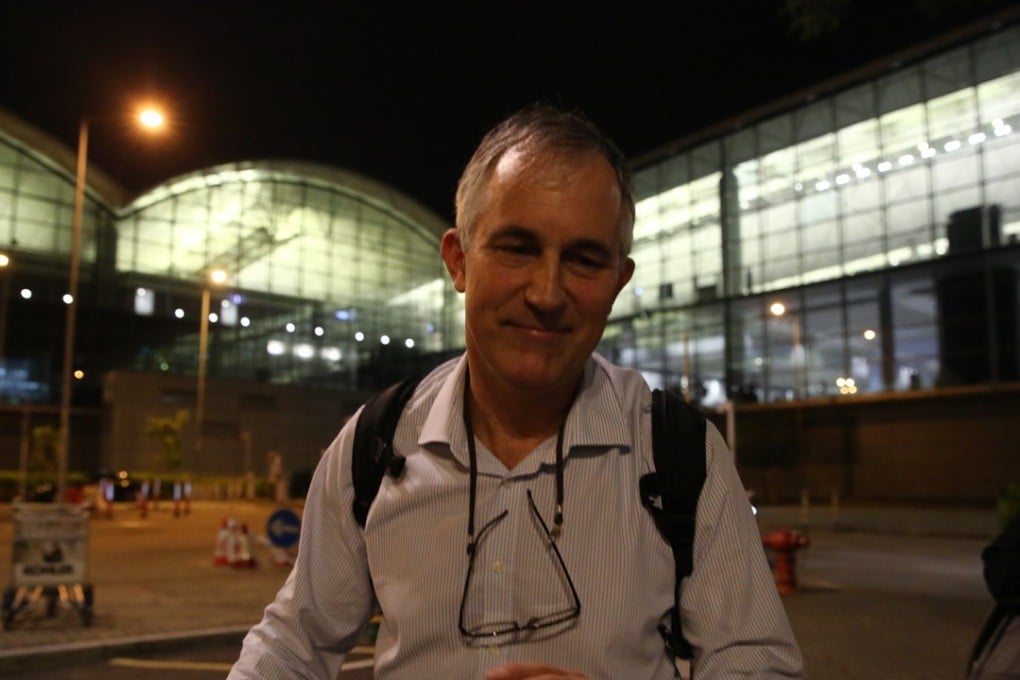My Take | Brits had their own take on press freedom
- The refusal of the Hong Kong government to grant a work visa to journalist Victor Mallet is not the watershed moment many people believe it to be

While taking part recently in a current affairs programme on television in Taiwan, veteran Taiwanese journalist and commentator Chang Yu-hua related an unpleasant incident back in 1991 when he was expelled from Hong Kong by the colonial government.
I was naturally intrigued, since many critical readers of my column have blasted me for failing to appreciate how freedom-loving the British colonists were and that I didn’t understand what a watershed moment it was for the Hong Kong government to refuse to renew the work visa of a foreign correspondent from Britain.
Naturally, the colonial government would never do such dastardly things. Interestingly, a writer at the online Asia Sentinel has made a comparison between the refusal to renew the visa of Financial Times Asia news editor Victor Mallet and the murder of journalists elsewhere in the world.
But I digress. Chang came from Taipei in 1991 to cover the transition period of Hong Kong, specifically the drafting of the Basic Law and the so-called through train arrangement for legislators to retain their seats after 1997.
Perhaps unwisely, he spoke at a public function at which he discussed the legacies of destruction and conflict British imperialists left behind in the Middle East, and the bloody break-up of the British Raj into modern India, Pakistan, Bangladesh, Myanmar (then Burma) and Sri Lanka (previously Ceylon), and the problem of the Rohingya.
